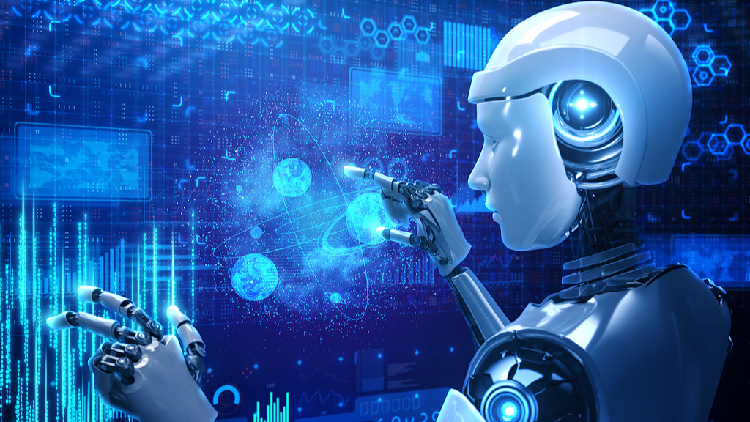Meta unveils AI tool designed to evaluate the performance of other AI systems
Meta has introduced a groundbreaking AI model designed to evaluate the performance of other AI models. This innovative tool aims to enhance the reliability and accuracy of AI outputs, providing a means to assess and ensure the quality of work produced by various AI systems.

This release follows the introduction of the tool in an August paper, which outlined its dependence on the same "chain of thought" methodology utilized by OpenAI's recently unveiled o1 models. This approach dissects complex issues into smaller, logical components, enhancing the accuracy of responses in challenging subjects such as science, coding, and mathematics.
Meta's researchers trained the evaluator model using entirely AI-generated data, thereby removing human input from that phase.
The ability to use AI for evaluating other AI systems presents a potential pathway to creating autonomous AI agents capable of learning from their own errors, according to two Meta researchers who spoke to Reuters. Such agents are envisioned by many in the AI community as digital assistants that can competently handle a wide range of tasks without any human oversight.
Developing self-improving models could eliminate the need for the costly and inefficient current process known as Reinforcement Learning from Human Feedback (RLAHF), which relies on human annotators with specialized skills to accurately label data and verify the correctness of answers to complex questions in math and writing.
Jason Weston, one of the researchers, expressed optimism about this direction: "We hope, as AI becomes more and more superhuman, that it will get better and better at checking its work so that it will actually be better than the average human."
He added, "The idea of being self-taught and able to self-evaluate is basically crucial to the idea of getting to this sort of superhuman level of AI."
Other companies, including Google and Anthropic, have also explored the concept of Reinforcement Learning from AI Feedback (RLAIF), but unlike Meta, these firms typically do not release their models for public use.
In addition to the Self-Taught Evaluator, Meta also launched other AI tools on Friday, such as an update to the company's image-identification Segment Anything model, a tool that accelerates response generation times for large language models, and datasets intended to facilitate the discovery of new inorganic materials.
Alejandro Jose Martinez contributed to this report for TROIB News
Discover more Science and Technology news updates in TROIB Sci-Tech












